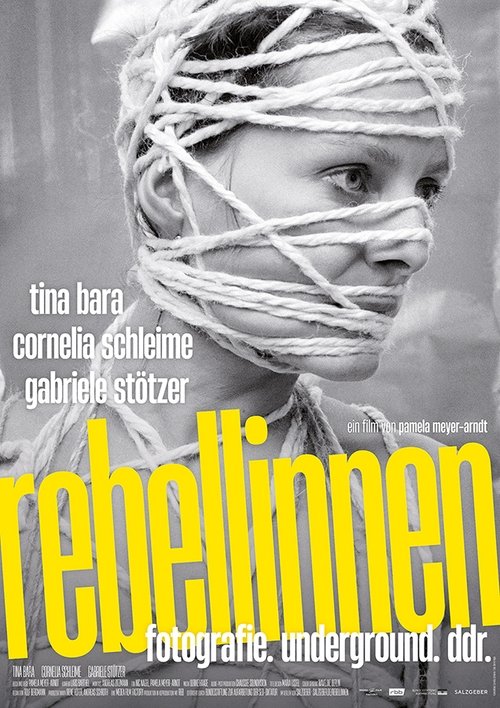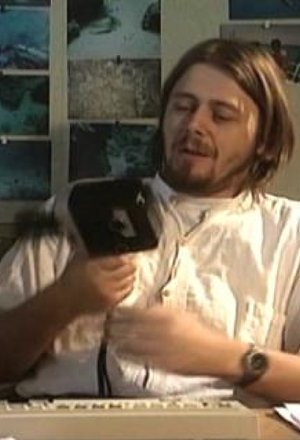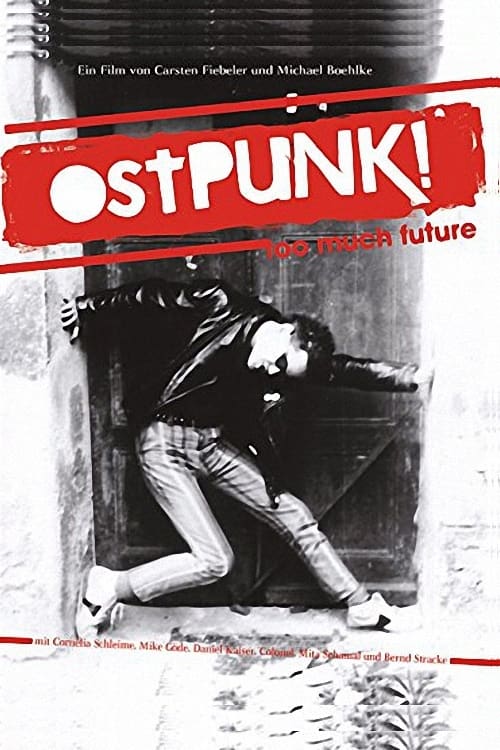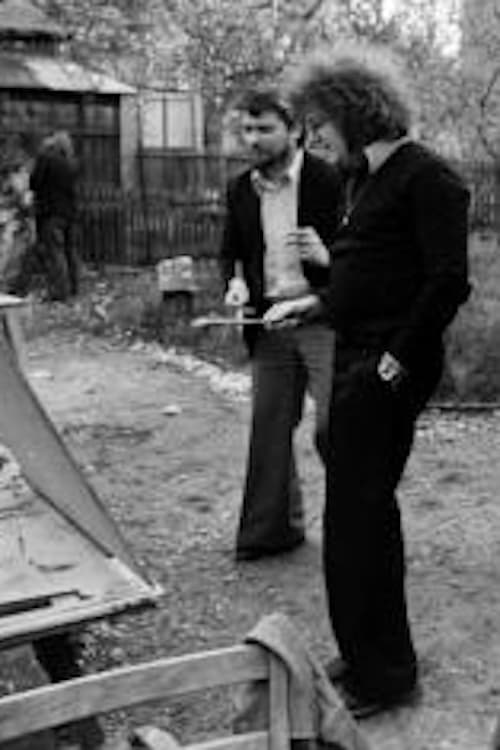Cornelia Schleime
Also Known As: not available
Biography: Biography not available
Department: Directing
Place of Birth: Not available
Adult: No
Birthday: Not available
Age: Not available
Gender: Other
Popularity:
Known For:

Anderson

Overview: Documentary about poet Sascha Anderson.
Genres: Documentary
Original Language: de
Release Date: 2014-02-11
Popularity:

Rebels

Overview: The rough, unkempt facades in Prenzlauer Berg – as if the skin had been peeled off the houses, says photographer Tina Bara. Having grown up in a prefabricated building, the young woman was drawn to East Berlin. She quickly got in conflict with the state, just like the artists Cornelia Schleime and Gabriele Stötzer, whom director Pamela Meyer-Arndt questions in her film about memories, traumas and creative genesis.
Genres: Documentary
Original Language: de
Release Date: 2022-10-19
Popularity:

Die subversive Kamera

Overview: The history of the GDR Super-8 scene—an underground art movement that produced films outside official channels in the 1980s—produced by Cornelia Klauss, herself a Super-8 artist. The Stasi (secret police) monitored this rebellious scene closely. Female artists Ramona Köppel-Welsch, Cornelia Schleime and Christine Schlegel, among others, talk about their art and films, their experiences as artists in the GDR, and how their work changed after the Wall came down.
Genres: Documentary
Original Language: de
Release Date: 1996-12-31
Popularity:

OstPunk! Too much Future

Overview: Tells the story of punk in the GDR.
Genres: Documentary
Original Language: de
Release Date: 2006-01-01
Popularity:

The Painter Came From a Foreign Land

Overview: In this film, Dammbeck explores his own decision to relocate to Hamburg, West Germany, and tries to sort out his past as an artist. In the process, he interviews artists Cornelia Schleime, Hans-Hendrik Grimmling, and Hans Scheib, who had been core members of the alternative art scene in East Germany. They had all worked together in the 8mm scene and organized or planned multimedia and crossover exhibitions, including Tangents I in 1976-77 and the First Leipzig Autumn Salon in 1984. Each left for West Germany in the mid-1980s. What has become of their former artistic strategies and positions? How do they deal with their past? What is the force behind their art now? And how do they cope with the western art market?
Genres: Documentary
Original Language: de
Release Date: 1989-01-31
Popularity: